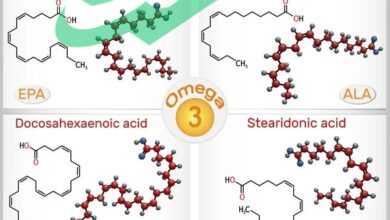Best Build Muscle Supplements You Need to Try Now
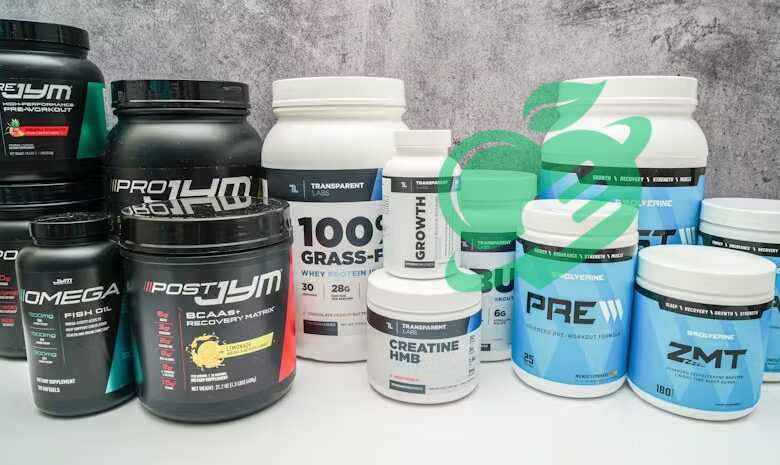
Best Build Muscle Supplements You Need to Try Now
When it comes to building muscle, incorporating the right supplements can be a game-changer in achieving your fitness goals. Whether you are a seasoned athlete or a newcomer to strength training, selecting high-quality supplements tailored to your needs is essential. Here are some of the best muscle-building supplements worth trying today:
1. Whey Protein
As the king of muscle-building protein sources, whey protein provides a complete amino acid profile, making it perfect for muscle repair and growth.
- Popular Options:
- Whey Protein Isolate (more pure, fast-absorbing)
- Whey Protein Concentrate (less processed, contains fats and carbs)
2. Creatine
Creatine is renowned for enhancing strength and muscle mass. It works by increasing the phosphate stores in your muscles, allowing for more energy during workouts.
- Types of Creatine:
- Creatine Monohydrate (most researched and effective)
- Creatine Ethyl Ester
3. Branched-Chain Amino Acids (BCAAs)
BCAAs are pivotal in reducing muscle soreness and enhancing recovery. They include leucine, isoleucine, and valine, all essential for muscle protein synthesis.
- Timing is Key: Many find BCAAs effective pre- or post-workout.
4. Beta-Alanine
If you’re looking to boost your endurance, beta-alanine is fantastic. It helps in delaying muscle fatigue, allowing you to push through those final reps.
- Note on Side Effects: Be cautious, as it can cause tingling sensations in some individuals.
These supplements can significantly enhance your muscle-building journey, provided you combine them with a balanced diet and a solid workout routine. Experimenting with them may lead you to discover the perfect synergy that brings your fitness aspirations to life!
Read also: Beta Hydroxy Acid Exfoliant That Dermatologists Love

The Importance of Muscle-Building Supplements
As you embark on your muscle-building journey, understanding the vital role that supplements play can set the foundation for your success. Many people assume that hard work in the gym alone is enough, but the truth is that incorporating muscle-building supplements can significantly enhance results.
Understanding the Role of Supplements in Building Muscle
Supplements serve as a valuable addition to a well-rounded diet and exercise plan. They provide the essential nutrients that can be challenging to obtain in adequate amounts through food alone, especially for those with busy schedules. For instance, when I first began lifting weights, I struggled to hit my protein goals daily. Whey protein became my go-to handy solution, helping me easily meet my daily intake and fueling my muscle recovery.
- Role of Supplements:
- Supply essential nutrients that support muscle growth.
- Aid in recovery and reduce muscle soreness.
- Help maintain energy levels during intense workouts.
Benefits of Incorporating Muscle Supplements in Your Routine
The benefits of adding muscle-building supplements to your regimen are immense:
- Enhanced Recovery: Supplements like BCAAs and glutamine can speed up recovery, allowing you to train harder and more frequently.
- Increased Strength: Creatine, for instance, can improve your strength levels, translating into better performance in the gym.
- Improved Muscle Gain: A solid protein source like whey protein ensures you have the necessary building blocks for muscle development.
In effect, muscle-building supplements can maximize your training efforts and help you achieve your fitness goals more efficiently. Embracing these supplements can be a transformative experience, combining science with your sweat equity for impressive results. So, are you ready to elevate your routine?
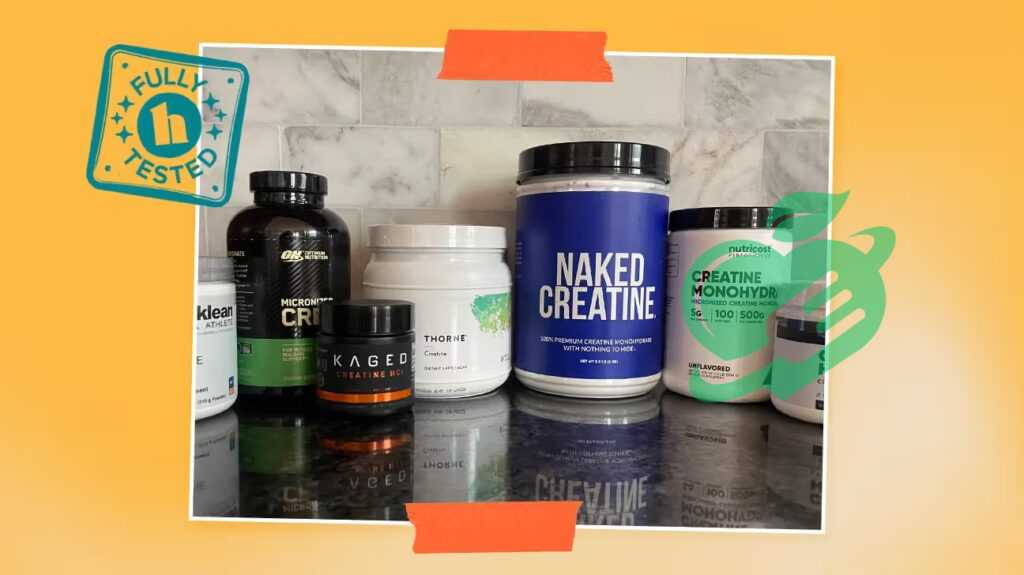
Whey Protein
Having explored the importance of muscle-building supplements, it’s time to spotlight one of the most popular and effective options out there: whey protein. Known as the “king” of muscle-building supplements, whey protein is a staple for many athletes and fitness enthusiasts alike.
The King of Muscle Building
Whey protein stands out due to its high biological value, meaning your body can utilize it more efficiently compared to other protein sources. It’s derived from milk during the cheese-making process and is packed with essential amino acids crucial for muscle growth and repair. I’ve seen remarkable improvements in my recovery and muscle development since introducing whey protein into my daily routine.
Benefits of Whey Protein for Muscle Growth
The benefits of whey protein are abundant:
- Rapid Absorption: Whey protein digests quickly, making it perfect for post-workout nutrition.
- Muscle Repair: Rich in branched-chain amino acids (BCAAs), whey protein helps repair muscle fibers after intense workouts.
- Convenient Source of Nutrition: For those on the go, a quick protein shake can easily satisfy dietary needs without much hassle.
Whey Protein Isolate vs. Whey Protein Concentrate
When selecting whey protein, you’ll often encounter two primary forms: whey protein isolate (WPI) and whey protein concentrate (WPC). Here’s how they compare:
| Type | Protein Content | Lactose Content | Price |
|---|---|---|---|
| Whey Protein Isolate | 90%+ | Low | Higher |
| Whey Protein Concentrate | 70-80% | Moderate | More Affordable |
- Whey Protein Isolate (WPI): This form is more refined and contains more protein per serving, with lower lactose content, making it suitable for those with lactose intolerance.
- Whey Protein Concentrate (WPC): Slightly less processed, WPC retains more nutrients but has a lower protein concentration and higher carbohydrates and fats.
Choosing the right type comes down to your fitness goals and dietary preferences. In any case, whey protein remains a fundamental tool in any muscle-building arsenal!
Read also: Hyaluronic Acid Cream 101: Everything You Need to Know for Perfect Skin
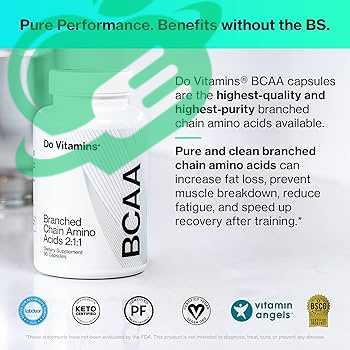
Creatine
After discussing the powerhouse that is whey protein, let’s turn our attention to another heavy-hitter in the world of muscle-building supplements: creatine. This compound has gained substantial popularity for its ability to enhance strength and muscle mass, making it a favorite among athletes and bodybuilders.
Enhancing Strength and Muscle Mass
Creatine is renowned for its remarkable ability to improve strength and increase lean muscle mass. When I first began using creatine, I noticed an immediate boost in my workout performance. Lifting heavier and pushing through those last reps became more achievable, fundamentally altering my workout experience.
- Benefits:
- Increased Power Output: Enhanced energy production during high-intensity workouts.
- Improved Recovery: Reduces muscle cell damage and inflammation post-exercise.
- Support for Muscle Growth: Creatine promotes an increase in muscle cell volume, leading to a more substantial and fuller appearance.
How does Creatine Work in the Body?
So, how exactly does creatine work its magic? In the body, creatine is stored as phosphocreatine, which is used to regenerate ATP (adenosine triphosphate), the primary energy carrier in cells. During short bursts of high-intensity activity, this ATP is utilized, which is where the benefits of creatine come into play. When available in sufficient quantities, it allows for longer and more intense workout sessions.
Creatine Monohydrate vs. Other Forms of Creatine
You might come across various forms of creatine, but the most studied and widely recommended is creatine monohydrate. Here’s a quick comparison:
| Type | Solubility | Price | Research Backing |
|---|---|---|---|
| Creatine Monohydrate | Moderate | Affordable | Extensive studies support its effectiveness |
| Creatine HCL | High | More expensive | Some studies support benefits |
| Creatine Ethyl Ester | Variable | Higher | Limited research available |
- Creatine Monohydrate: The go-to option, proven effective and budget-friendly.
- Creatine HCL: Offers better solubility and potentially less bloating but comes at a higher price.
- Creatine Ethyl Ester: Marketed for better absorption; however, the scientific backing is not as robust.
In conclusion, choosing the right form of creatine can help you augment your strength training and muscle growth. No matter what, the benefits it offers make it a staple for many looking to maximize their fitness results!
Read also: Avocado Protein: The Superfood You Need Now
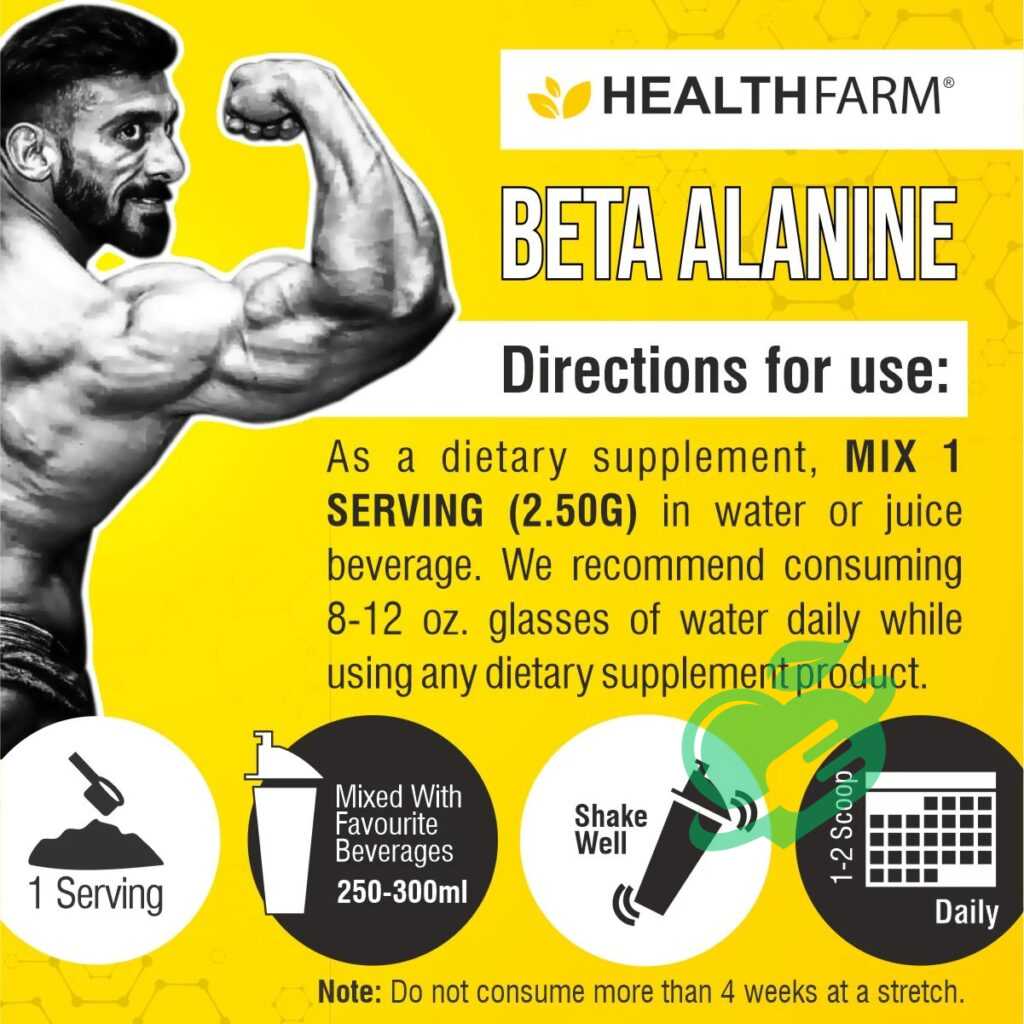
Branched-Chain Amino Acids (BCAAs)
Transitioning from creatine, let’s take a closer look at another crucial supplement for those on a muscle-building path: branched-chain amino acids, or BCAAs. These powerhouse nutrients play a significant role in enhancing muscle synthesis and recovery.
Building Blocks of Muscle
BCAAs consist of three essential amino acids: leucine, isoleucine, and valine. These are unique because, unlike other amino acids, they’re metabolized directly in the muscles instead of the liver, making them more immediately useful for muscle recovery and energy production. I’ve personally found that having BCAAs on hand during workouts can make a world of difference. After sipping on a BCAA drink, I often feel less fatigued and more capable of pushing through tough training sessions.
- Key Benefits:
- Support muscle growth
- Minimize muscle breakdown
- Enhance workout endurance
Importance of BCAAs for Muscle Recovery
The importance of BCAAs stretches well beyond just boosting muscle growth. They are crucial for recovery as they help reduce muscle soreness and speed up the healing process after intense workouts. When I used to train multiple times a week, incorporating BCAAs became a non-negotiable in my routine; the difference in how I felt post-workout was remarkable.
Optimal Dosage and Timing of BCAA Supplementation
To maximize the benefits, understanding the right dosage and timing is vital. Generally, a dose of 5-10 grams of BCAAs is effective.
- Timing:
- Pre-Workout: Consuming BCAAs before exercising can help reduce fatigue and improve endurance.
- Post-Workout: Taking them right after your workout aids in muscle recovery and growth.
A simple routine that I’ve found effective includes mixing a scoop of BCAAs in my water, sipping on it during my workout, and then again afterward for optimal recovery. Overall, incorporating BCAAs into your regimen can provide the edge needed for recovery and muscle growth, making them an excellent addition to any fitness enthusiast’s supplement stack.
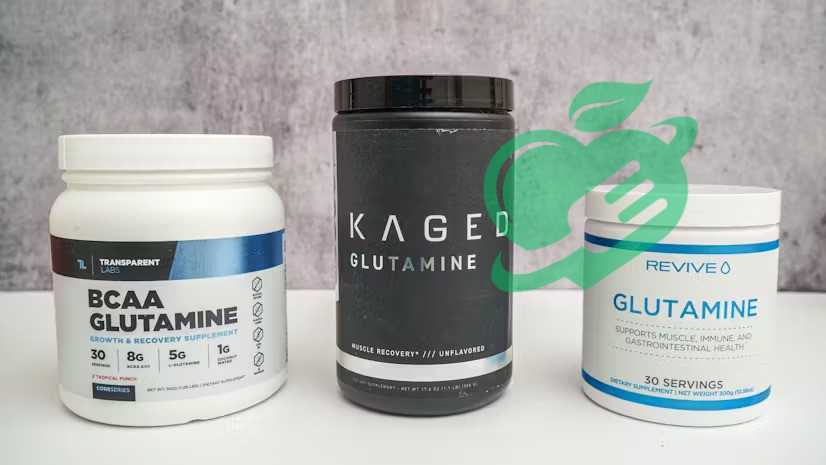
Beta-Alanine
Following our discussion on BCAAs, let’s dive into another pivotal supplement in the fitness world: beta-alanine. This amino acid has garnered attention for its ability to boost endurance and performance during high-intensity workouts.
Boosting Endurance and Performance
Beta-alanine is known for its role in enhancing athletic performance, particularly during prolonged and intense exercise. I remember when I first started taking beta-alanine, I noticed that I could push through my workouts longer and harder, which significantly improved my overall stamina. Many athletes have reported similar experiences, finding that they can complete more sets or reps during strength training.
- Key Benefits:
- Increases time to exhaustion
- Enhances overall workout performance
- Supports sustained energy during high-intensity activities
Role of Beta-Alanine in Delaying Muscle Fatigue
So, how exactly does beta-alanine work? It plays a crucial role in the production of carnosine, a compound in muscles that helps buffer acidity during intense exercise. This buffering action is essential, as it helps to delay the onset of fatigue. For example, during my high-intensity interval training, I noticed that I could maintain my performance level longer due to the decrease in perceived fatigue, allowing me to push through those challenging sets.
Read also: Life After Open Heart Surgery: Tips for a Smooth Recovery.
Potential Side Effects and Considerations with Beta-Alanine
While beta-alanine is generally safe, potential side effects can arise, especially with higher doses. The most common is a tingling sensation known as paresthesia, which some might find unsettling.
- Safety Considerations:
- Start with a lower dose (around 800 mg) to gauge tolerance.
- Split doses throughout the day to minimize tingling.
Beta-alanine can be a powerful addition to your supplementation arsenal, particularly for those who engage in high-intensity workouts. Just remember to listen to your body and adjust your intake accordingly to enjoy the maximum benefits without discomfort!
Read also: The Hair Health Diet: How to Eat Your Way to Gorgeous, Strong Hair
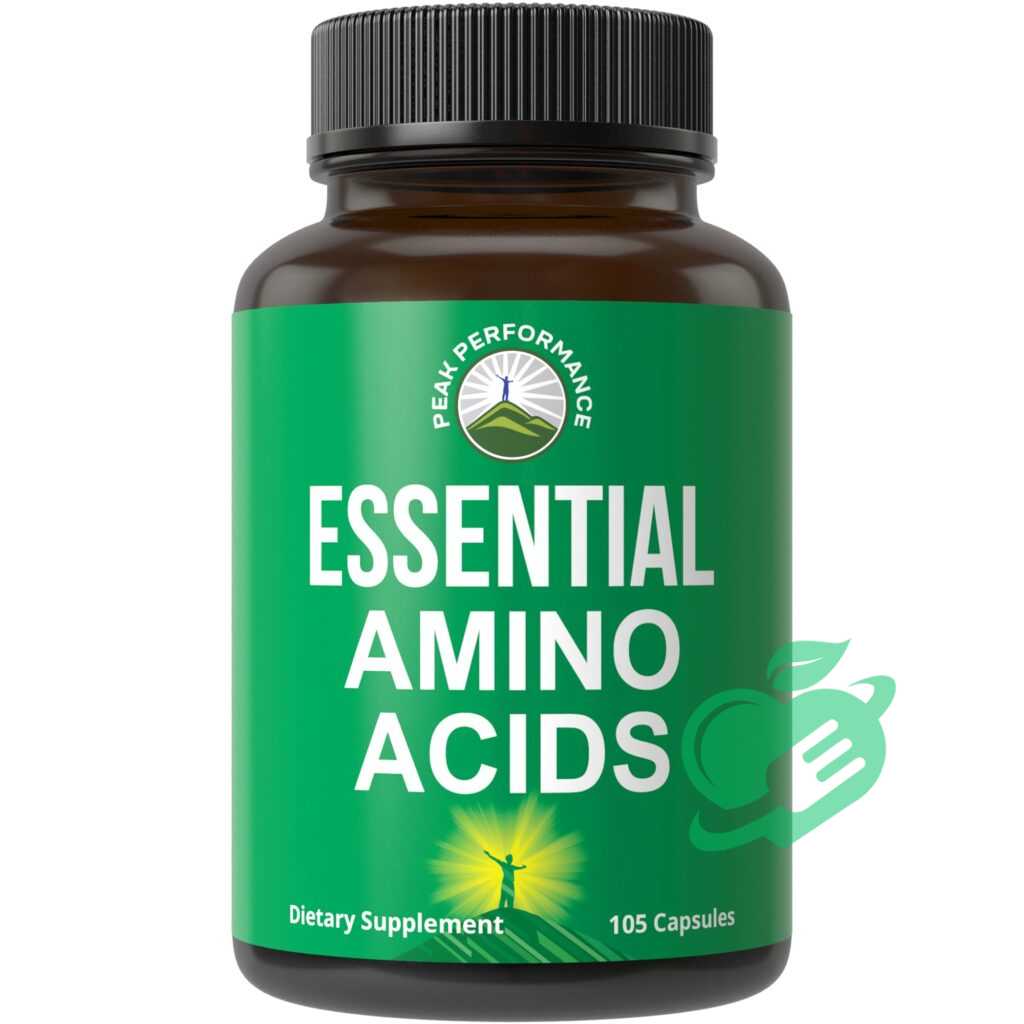
Glutamine
After exploring beta-alanine, let’s turn our attention to another essential supplement that plays a critical role in muscle recovery: glutamine. Known for its impressive ability to support the body during recovery, glutamine is a favorite among athletes and fitness enthusiasts.
Supporting Muscle Recovery
Glutamine is the most abundant amino acid in our muscles, making it a vital component for recovery after strenuous workouts. During intense training sessions, glutamine levels can plummet, which leaves your muscles vulnerable. When I first started supplementing with glutamine, I noticed a significant reduction in muscle soreness and a quicker return to my workout routine, allowing me to stay consistent in my training.
- Key Recovery Benefits:
- Promotes a healthy immune system
- Aids in reducing muscle soreness
- Helps maintain muscle mass during intense training
Benefits of Glutamine for Muscle Repair
The benefits of glutamine go beyond just soreness relief. It plays a vital role in muscle repair by facilitating the process of protein synthesis. Additionally, glutamine is involved in glycogen synthesis, which can help replenish energy stores after workouts.
- Advantages:
- Supports muscle cell hydration
- Enhances recovery time, allowing for faster muscle repair
- Helps prevent muscle breakdown
Combining Glutamine with Other Muscle Building Supplements
One of the best things about glutamine is that it can complement other muscle-building supplements. For instance, combining glutamine with whey protein could further enhance recovery and muscle repair post-workout.
| Supplement | Complementing Benefits |
|---|---|
| Whey Protein | Supports overall muscle recovery |
| BCAAs | Reduces soreness while promoting protein synthesis |
| Creatine | Enhances muscle recovery by replenishing energy |
For me, mixing glutamine with my post-workout shake has become a ritual, contributing to an overall more effective recovery strategy. By incorporating glutamine alongside other supplements, you can create a synergistic effect that enhances your muscle-building journey and keeps you feeling your best!
Read also: Protein diet: How much do you lose weight per week?

Essential Amino Acids (EAAs)
Following our deep dive into glutamine, it’s time to discuss another crucial player in muscle growth: essential amino acids (EAAs). These are the building blocks of protein and play a significant role in optimizing your fitness efforts.
Complete Amino Acid Profile for Muscle Growth
Essential amino acids are termed “essential” because our bodies cannot produce them on their own; they must be obtained through diet or supplementation. EAAs include leucine, isoleucine, valine, lysine, methionine, phenylalanine, threonine, tryptophan, and histidine. When I first learned about EAAs, I was surprised to discover how vital they are for muscle development and overall recovery.
- Benefits of EAAs:
- They provide a complete amino acid profile necessary for muscle growth.
- They help to stimulate muscle protein synthesis more effectively than consuming non-essential amino acids alone.
Importance of EAAs for Muscle Protein Synthesis
The role of EAAs in muscle protein synthesis cannot be overstated. Leucine, particularly, has been shown to activate the mTOR pathway, which plays a key role in muscle growth. By ensuring adequate EAA intake, you’re setting the foundation for effective recovery and muscle repair. During my workouts, I noticed a marked improvement in how quickly I bounced back after intense training, which I attribute to a well-timed EAA shake post-session.
Sources of Essential Amino Acids in Supplements
When it comes to supplementation, EAAs can be found in various forms, from pre-mixed powders to capsules. Here are some common sources:
| Source | Form | Notes |
|---|---|---|
| EAA Powders | Powder | Easy to mix in water; quick absorption |
| Protein Bars | Solid | Convenient for on-the-go; may contain added sugars |
| Leucine Capsules | Capsules | Focus specifically on muscle protein synthesis |
Frequently asked questions
How to gain muscle quickly?
Make the most of your workout by incorporating compound exercises. Certain exercises target only individual muscles in your body.- Go for high-intensity workouts.
- Ensure that you are consuming an adequate amount of food.
- Get enough rest.
- Try supplements.
- Aim to work out each muscle group two to three times a week. 1
What pills make you gain muscle?
Anabolic steroids are substances used by athletes to enhance their strength and increase muscle mass. These substances are also referred to as anabolic-androgenic steroids, and they function similarly to a hormone produced naturally by the body called testosterone.2
Is 70g of protein enough to build muscle?
To build muscle, you should target a daily intake of 69 to 102 grams of protein. For weight loss, aim for 68 to 82 grams of protein each day. 3
Is 100g of protein a day enough to Build muscle?
An adult weighing 68 kilograms who works out and participates in strength training or weight lifting requires approximately 100 grams of protein. In contrast, a bodybuilder weighing 150 kilograms needs a minimum of 180 grams. Meanwhile, a 45-kilogram teenager requires just over 50 grams. 4
How can I consume 150 grams of protein a day?
- 3Eggs – 18 grams.
- 50 g of Egg Whites – 5 grams.
- 1 cup of Fairlife 2% Milk – 13 grams.
- 4 oz Ground Turkey – 20 grams.
- 1 and a half cups of cottage cheese contain 16 grams.
- 2 servings of protein supplement – 31 grams.
- 3 Tbsps of Peanut Butter – 10 grams.
- 1 Packet of Safe Catch Tuna – 23 grams 5
These supplements can be a game changer, particularly for those who may not get sufficient EAAs through their regular diet, such as vegans or vegetarians. Personally, combining EAA supplements with my protein shakes has helped optimize my recovery and muscle-building efforts! Integrating EAA into your routine can amplify your training, help build lean muscle, and improve overall athletic performance.
Follow us for more updates and breaking news, as we provide you with everything new.
Reference- campuspress ((↩))
- mayoclinic ((↩))
- unitypoint ((↩))
- trainwell ((↩))
- firstcapitalgym ((↩))

